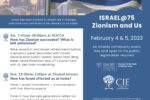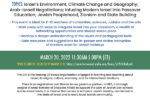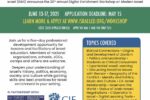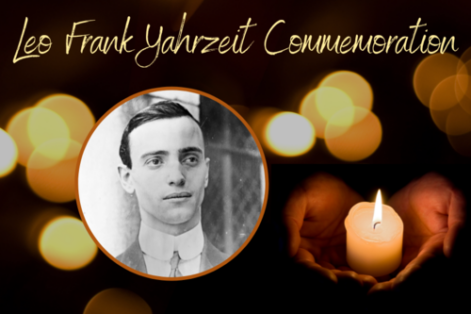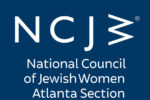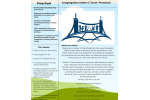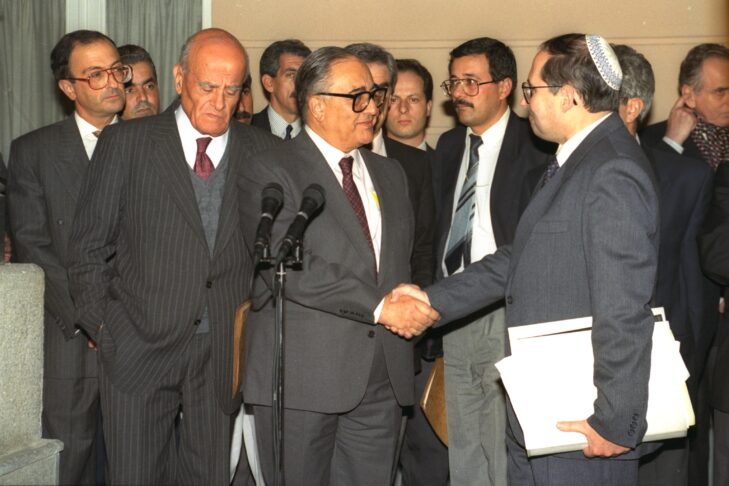
“Thirty Years After the Madrid Middle East Peace Conference: Context and Consequences” is an online discussion featuring Itamar Rabinovich, Joel Greenberg, Aaron David Miller and Ken Stein.
On Oct. 30, 1991, delegations from Israel and its immediate neighbors, as well as the United States, the Soviet Union, the European Community, the United Nations, the Persian Gulf Arab states and the Arab League, gathered in Madrid for a regional peace conference. It was the first time that Palestinian and Israeli representatives met in open and the first time all of the Arab states on Israel’s borders sat down for bilateral peace negotiations.
Active Arab-Israeli negotiations began in earnest in the early 1970s, with a major drive emanating from Egyptian President Sadat and with Washington’s mediation under the Nixon, Ford and Carter administrations. The negotiating process initiated by the 1991 Madrid Peace Conference contained major breakthroughs aside from being the first meeting of its kind: There was an Arab consensus to negotiate directly with Israel; discussions of core issues emerged; and a large number of countries outside the region became participants in the process. As Israeli historian and former diplomat Shimon Shamir has written, “Arab states actually declared that the ‘Egyptian way’ of seeking a peaceful solution to the conflict had merit,” the same view Arab states took in signing the Abraham Accords with Israel in 2020.
This webinar, part of an in-depth exploration of the Madrid conference, will focus on four areas: the events that spawned the conference; how the conference was path-breaking; the differing motivations of the attendees; and how strands from Madrid led to progress and failure in Arab-Israeli negotiations the next three decades.
The panelists:
- Itamar Rabinovich, former Israeli Ambassador to the United States and former President of Tel Aviv University, led post-Madrid Israel-Syria negotiations under Prime Minister Yitzhak Rabin. Underlying his distinguished academic and diplomatic experience are his accomplishments as a Middle Eastern historian with a special focus on modern Syria.
- Aaron David Miller is a senior fellow at the Carnegie Endowment for International Peace, where he focuses on U.S. foreign policy. Between 1978 and 2003 he worked at the State Department in various capacities and advised seven secretaries of state on Middle Eastern matters. He was engaged in several negotiations, including Madrid, the Oslo process and Camp David II in 2000. He is a historian of the Middle East.
- Joel Greenberg is a veteran Jerusalem journalist now working for the BBC. He was a Nieman Fellow at Harvard and has reported extensively on Israel and the Palestinians for three decades, including for major American newspapers. He covered the Madrid conference for The Jerusalem Post.
- Ken Stein is Professor of Contemporary Middle Eastern History at Emory University and Founding President of CIE. He is the primary content writer for the Center for Israel Education website. His scholarly contributions have focused on Arab-Israeli relations, American foreign policy toward the region, and the history of modern Israel and the conflict.










